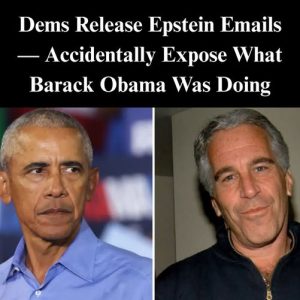Former House Speaker Newt Gingrich has raised concerns about the potential consequences of Democrats’ growing opposition to President Donald Trump. In a Fox News appearance earlier this year, Gingrich argued that the intensity of resistance against Trump could lead to “very dangerous” outcomes. His remarks have resurfaced as debates over immigration enforcement, federal authority, and public protest continue to dominate the political landscape across the United States.
Gingrich contends that Democrats are prioritizing criticism of Trump rather than addressing pressing issues that voters consistently identify as urgent. This framing suggests a disconnect between party strategies and public demands. Instead of solutions, Gingrich argues, the opposition is fueling polarization and unrest. This dynamic has been amplified by large-scale demonstrations and counter-protests that erupted in several cities, particularly in Los Angeles.
Surveys from battleground states reveal deep dissatisfaction with the broader political system. Many respondents describe the system as corrupt and as a major obstacle to meaningful progress. This perception has fueled voter cynicism and heightened tensions in public discourse. The sense of disillusionment has also translated into street-level activism, where protest tactics have sometimes clashed with law enforcement responses.
In Los Angeles, demonstrations in June over immigration enforcement served as a flashpoint for these tensions. Protesters gathered to voice their opposition to federal immigration raids, sparking counter-movements and raising questions about how far government power should extend in controlling dissent. The protests, in turn, prompted an escalated federal response that included deploying National Guard units and Marines to secure government facilities.
The White House positioned these measures as necessary to restore order and protect federal property. President Trump himself issued stern warnings, stating that anyone who assaulted or disrespected law enforcement, even by spitting, would face swift retaliation. His blunt message underscored the administration’s hardline stance on policing protests and discouraging acts of defiance against federal officers.
The summer’s unrest highlights the widening gap between public frustration, partisan politics, and government authority. Gingrich’s warning reflects a broader concern about the stability of political institutions when opposition becomes primarily confrontational. As protests and counter-protests continue, the unresolved question remains whether leaders will channel public anger into solutions, or whether escalating resistance will deepen divisions further.




